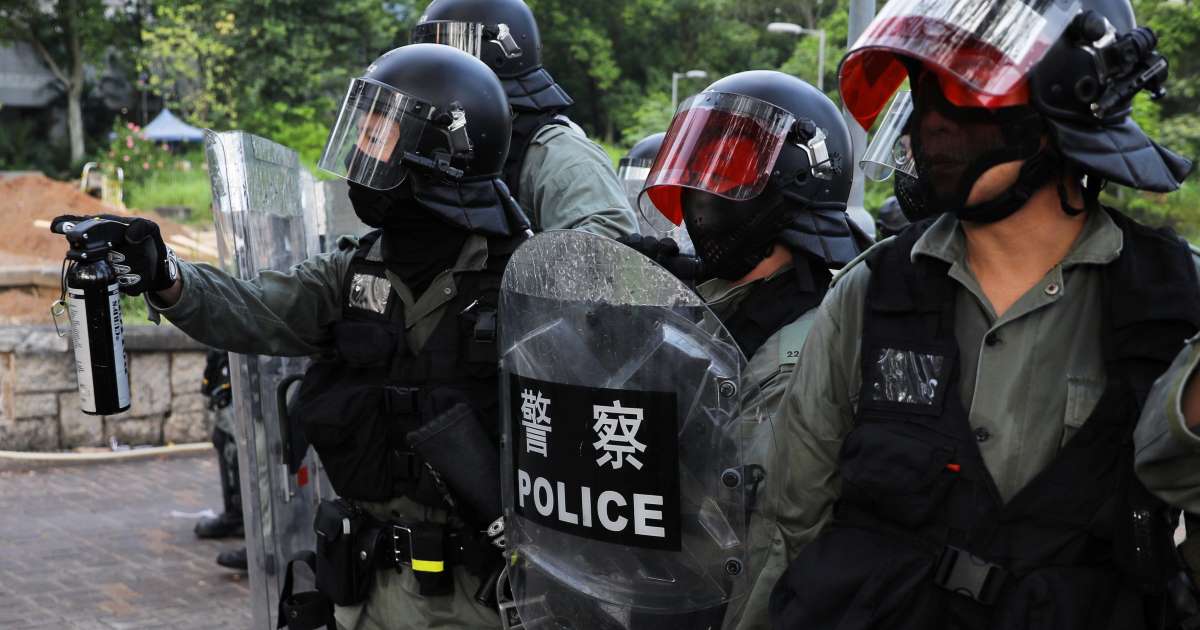Protests that began in June over a now-delayed extradition bill have since snowballed in an anti-China campaign amid anger over what many see as Beijing’s interference in Hong Kong’s autonomy since the former British colony was returned to Chinese rule in 1997.
Riot police clashed with local residents during a demonstration on October 7.
But while steady economic growth continued, the first decade of this century came and went without any major problems for China’s authoritarian model.
The problem of open civil unrest in Hong Kong, which has been punctuated by rising acts of violence and vandalism carried out by a separate but hard – line minority, is a reflection of China’s new assertiveness under XI-an assertiveness that marks a break with the caution of the post-Mao era.
The situation could have unfolded much more gently if the city had been treated with more elasticity or tolerance.
If mass arrests or tanks were used to crush the protest movement aimed at securing democratic concessions, members of China’s own large and growing middle class would begin to see this not just as a defeat for Hong Kong, but as a loss for their own society as well.

Be the first to comment on "Why China is afraid of sending tanks to Hong Kong"